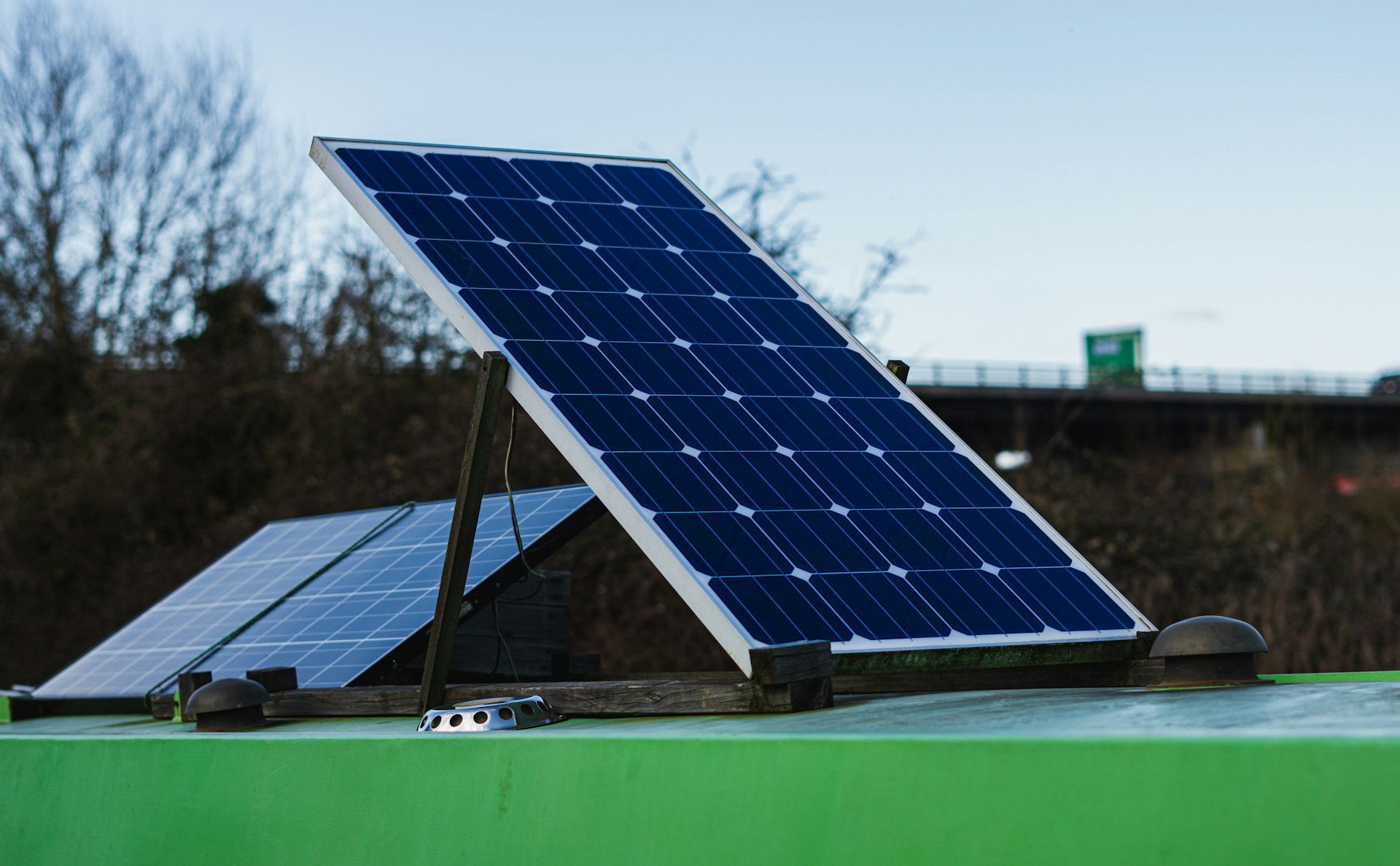The Company Behind Flexible Solar Panels That Generate Energy Even Indoors
Photovoltaic energy is experiencing a paradoxical moment. On one hand, it is witnessing growth and success. According to the latest data from the International Energy Agency’s global photovoltaic market snapshot, Spain ranks as the sixth country in the world in terms of installed solar power, with 37.6 gigawatts. This capacity enabled photovoltaic energy to become the largest energy source in Spain last May, generating 24% of the electricity produced that month and accounting for 27.6% of the energy consumed. On the other hand, the overall situation for companies dedicated to this energy sector in Spain is not as favorable. A combination of factors, particularly the fluctuating methods for setting prices, has led to lower electricity prices, which provided relief for consumers but pushed solar investors to the brink. However, the recent heat has caused prices to rise again.
In this changing landscape of successes and challenges, there is an exception in the north. The Swedish company Exeger stands out, at least for now, as more successful due to its specialization.
Amid the impressive figures presented by the broader picture of solar energy, a closer look reveals a number of companies competing to find cutting-edge solutions. Beyond global efforts to make silicon panels more efficient, several startups are researching perovskite-based photovoltaic cells, particularly in Japan. Perovskite is a material that allows for the production of more efficient solar cells than traditional ones, but it comes with its own challenges, such as the fact that the cells contain toxic substances and the difficulty in scaling up production.
Then there are niche innovations. In Europe, two main companies are working on the development of flexible solar panels, which can bend and are designed for specific uses. The German company Heliatek and the Swedish company Exeger are the leading players. Heliatek focuses on installing these panels outdoors and has, for example, installed its solar strips at the port of Barcelona. Exeger, on the other hand, integrates its technology into small electronic devices such as headphones or helmets, allowing them to operate without the need to recharge the battery, taking advantage of the fact that their product can generate energy from indoor light. In other words, there is no need to plug the product into the grid to recharge it.
In an exclusive demonstration attended by this newspaper at Exeger’s factory located on the outskirts of Stockholm, the company’s CEO and founder, Giovanni Fili, provided details about their company and the solar cells they have developed. Fili explained that since its founding in 2010, the company has raised 200 million euros in funding and has signed agreements to bring its technology to products from companies like Adidas and 3M. Using the brand name PowerFoyle for its solar cells, the entrepreneur assured that their order book will soon grow even more due to agreements with other large companies, whose names he chose not to disclose. The factory, equipped with machinery designed and manufactured by Exeger itself, has a fully prepared wing to double the production plant’s size in response to the increasing contracts and orders they have received. The solar cells are produced using a printer-like machine. They are then treated and cut to size for each order by robotic arms. In the final step, a quality control department tests the cells and prepares them for delivery.









